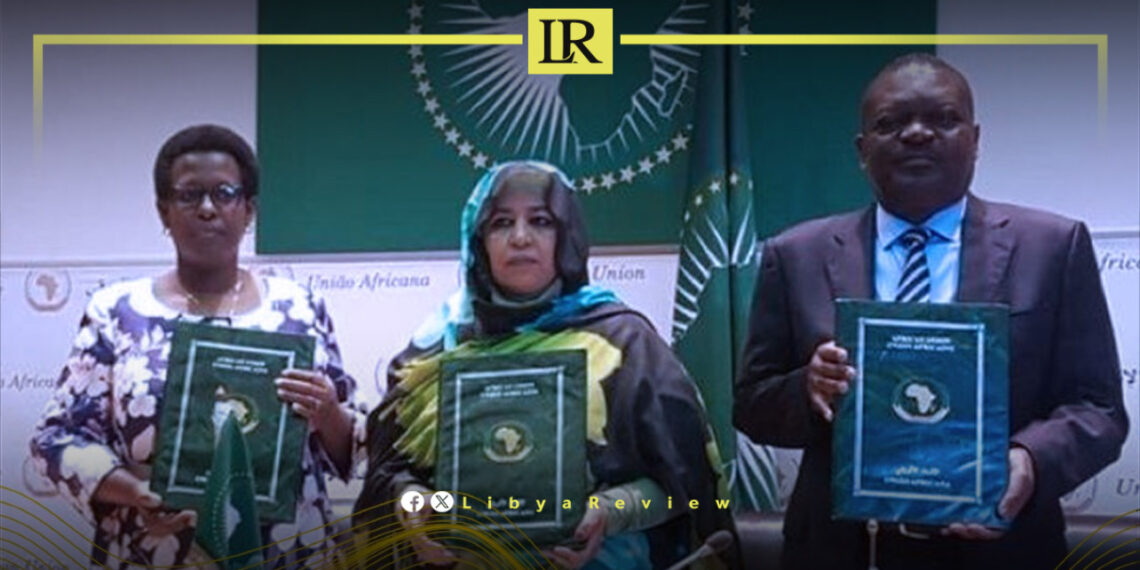The African Union, in partnership with Rwanda, has taken decisive action to help alleviate the ongoing refugee crisis in Libya.
In response to deteriorating conditions, the two parties, along with the United Nations High Commissioner for Refugees (UNHCR), have signed an agreement to establish an Emergency Transit Mechanism. This initiative aims to evacuate thousands of refugees and asylum seekers trapped in Libya’s dangerous detention centers.
The situation for refugees in Libya has become increasingly dire, with the UNHCR reporting that an estimated 4,700 individuals are being held in overcrowded and unsafe detention centers. These individuals are among the 55,665 registered refugees and asylum seekers in the country. Due to the ongoing conflict and poor living conditions, the need for immediate relocation and protection is critical.
The Emergency Transit Mechanism, formalized in a memorandum of understanding on September 10, 2019, aims to rescue and evacuate refugees and asylum seekers from Libya to safer locations. Rwanda, under the leadership of President Paul Kagame, has generously offered to receive these vulnerable individuals as part of a broader international effort to protect lives. The plan will provide temporary refuge in Rwanda, allowing for safe transfers out of Libya.
The African Union, European Union, and United Nations have been working in tandem to address the ongoing refugee and migrant crisis, particularly along Libya’s perilous migration routes. The Emergency Transit Mechanism is a vital part of this effort, offering immediate relief and protection to at-risk groups, including children and young people.
Under the agreement, the first phase will involve evacuating 500 refugees, primarily from the Horn of Africa. Once they arrive in Rwanda, the UNHCR will work to secure long-term solutions, such as resettlement in third countries, safe returns to their home nations, or the possibility of remaining in Rwanda under local asylum laws.
Since the agreement was signed, 190 refugees have already been evacuated from Libya to Rwanda in two phases. These efforts are part of a larger UNHCR initiative that has successfully relocated over 4,400 refugees from Libya since 2017. This includes the evacuation of 2,900 individuals through a similar mechanism in Niger and 425 refugees to Europe via Romania.


